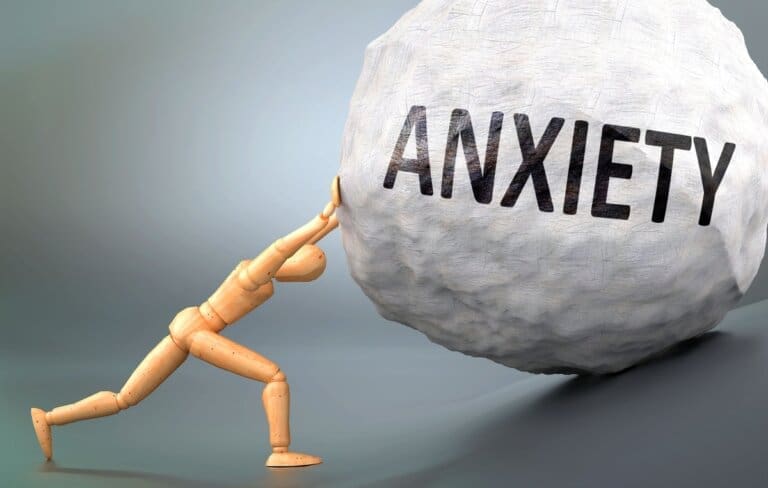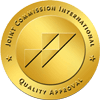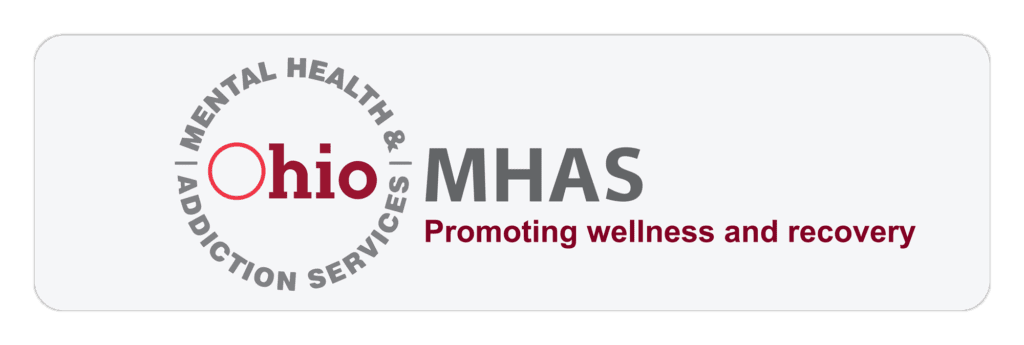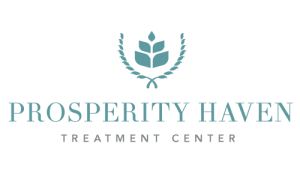Anxiety and Addiction
- October 23, 2023
- Prosperity Haven
- Addiction Treatment

Mental health is intrinsically linked to substance abuse and addiction. While anxiety is not always a part of an underlying mental health issue (everyone feels anxious from time to time), it can be a cause or even a result of drug or alcohol abuse. The issue is made even more complicated by the fact that medical professionals often prescribe medication for anxiety, which itself can be addicting.
If you’re reading this, there’s a good chance that you or someone you love is struggling with anxiety, addiction, or both. You probably have a lot of questions about anxiety and the role it plays in the formation and exacerbation of substance abuse. For example, does anxiety cause addiction, or does addiction cause anxiety? How are addiction and anxiety disorders connected? Finally, what can you do if you’re struggling with an addiction to anxiety medication or other substances?
In today’s guide, we will answer all of these questions and explain how anxiety and drug addiction are related. And remember, if you or a loved one are struggling with anxiety and addiction, don’t hesitate to reach out to the experts at Prosperity Haven for help.
Anxiety and Drug Or Alcohol Addiction
If you’re wondering which came first, anxiety or addiction, the answer is unclear. You may experience strong feelings of anxiety and panic attacks, and then self-medicate with drugs or alcohol to cope with your condition. Alternatively, you might have been diagnosed with an anxiety or panic disorder, in which case your physician prescribes an anti-anxiety medication like Xanax. Over time, you may grow to depend on Xanax to the point of developing a substance use disorder. To look at another scenario, you might not have any persistent issues with anxiety until you begin abusing drugs and alcohol. Addiction can and often does cause increased levels of anxiety. In some cases, this anxiety can persist long after you stop using addictive substances.
As you can see, the relationship between anxiety and addiction is quite complex. Sometimes anxiety leads to addiction, and sometimes it’s the other way around. It’s also important to note that anxiety and addiction can be co-occurring conditions, a situation that we will go into more detail about a little later on.
One of the most common associations between anxiety and addiction is the use of drugs or alcohol as coping mechanisms. Rather than addressing the root cause of anxiety, people will turn to drugs or alcohol as a “quick fix.” Alcohol may temporarily reduce feelings of anxiety and provide a general sense of numbness. The same is true of many prescription drugs and even illicit drugs like heroin. However, once these drugs wear off, the anxiety always comes back. As addiction sets in, anxiety often gets much, much worse, particularly when access to drugs or alcohol is cut off.
Anxiety After Addiction
During the addiction recovery process, you will almost certainly experience heightened anxiety. Feelings of anxiety are generally worse during the detox process, when you stop using drugs or alcohol and your body begins to adjust. Your mind and body will have developed a dependence on drugs or alcohol, and the sudden lack of these substances will cause increased anxiety, along with various physical and psychological symptoms of withdrawal.
Once the first few days and weeks of recovery pass, the anxiety often decreases to more normal levels. That said, depending on the nature of your addiction, you may have to deal with chronic anxiety or anxiety that occurs when faced with certain triggers. This is why a drug treatment program is so important, as it can help teach you how to cope with these feelings in a healthy way without relapsing.
Signs Of A Co-Occurring Anxiety Addiction
A co-occurring disorder, also known as a dual diagnosis, often happens with anxiety. The term refers to a mental health issue that arises at the same time as addiction. For example, a person may be diagnosed with depression and anxiety. They are prescribed Xanax for the latter condition, and they begin abusing the drug. In this situation, both the underlying mental health conditions and the addiction need to be treated simultaneously. If they are not both treated, then one could continue to fuel the other.
An anxiety medication addiction is not the only way to experience a dual diagnosis. Various mental health conditions can occur simultaneously with addiction, and substance abuse could be related to any number of addictive substances. Understanding what mental health issues are present, as well as the nature of the addiction, is vital for treating a co-occurring disorder.
If you’re unfamiliar with a co-occurring disorder involving anxiety and addiction, here are some signs to look out for:
- Sudden Increase In Substance Use – Anxiety that co-occurs with addiction often manifests as a sudden increase in substance abuse. A person may have difficulty dealing with their anxiety, so they begin to self-medicate by bingeing drugs or alcohol.
- Increased Anxiety – As previously mentioned, anxiety and addiction can fuel one another. When both conditions come about simultaneously, there is often a marked increase in signs of anxiety, such as constant worrying or paralyzing panic attacks.
- Social Isolation – It is common for people with certain types of anxiety (like social anxiety) and addiction to isolate from others. This can be a way to avoid triggering situations and hide substance abuse from loved ones.
- Mood & Behavioral Changes – A co-occurring anxiety disorder will often cause subtle or sometimes drastic changes in mood and behavior. The affected person may have sudden mood swings, bouts of irritability, or more intense emotions. Behavior tends to change as well, with many people neglecting their family or work obligations to spend more time and energy feeding their addiction.
- Physical Withdrawal Symptoms – When access to drugs or alcohol is cut off, withdrawal symptoms may begin relatively quickly. In addition to increased anxiety, you may observe physical symptoms like rapid heart rate, sweating, tremors, and gastrointestinal issues.
If you think that you or someone close to you has a co-occurring anxiety disorder, it’s important to seek professional help as soon as possible. A dual diagnosis needs a specialized approach that addresses anxiety and addiction treatment together. Once again, if only one condition is treated, the recovery is far less likely to succeed.
How To Get Help With Prosperity Haven's Anxiety & Addiction Treatment Program
There are many ways to experience anxiety and addiction. Perhaps you feel anxious and begin drinking heavily to calm yourself down. Or maybe you are prescribed opioids after surgery and become addicted, only to experience panic attacks when you can no longer access the drug. Alternatively, you might be diagnosed with an anxiety disorder and then become addicted to anti-anxiety medication. Regardless of your particular situation, you can find the help you need at Prosperity Haven.
Prosperity Haven is a state-of-the-art inpatient rehab that offers dual-diagnosis treatment for those struggling with anxiety and addiction. Our trained substance abuse experts can help you discover the cause of your anxiety and provide an addiction treatment program that helps you safely detox from drugs or alcohol. Through therapy, counseling, and holistic treatments, we can help you turn your life around and find peace of mind in sobriety.
Located in Chardon, Ohio, Prosperity Haven offers advanced inpatient rehab and detox managed by trained professionals. Reach out today to learn more.
YOUR NEW BEGINNING
STARTS HERE
Take the First Step and Reach Out Today






